10 Signs Your Blood Sugar is Too High: The Key to Recognizing and Maintaining Balance
August 15, 2023
 777
777 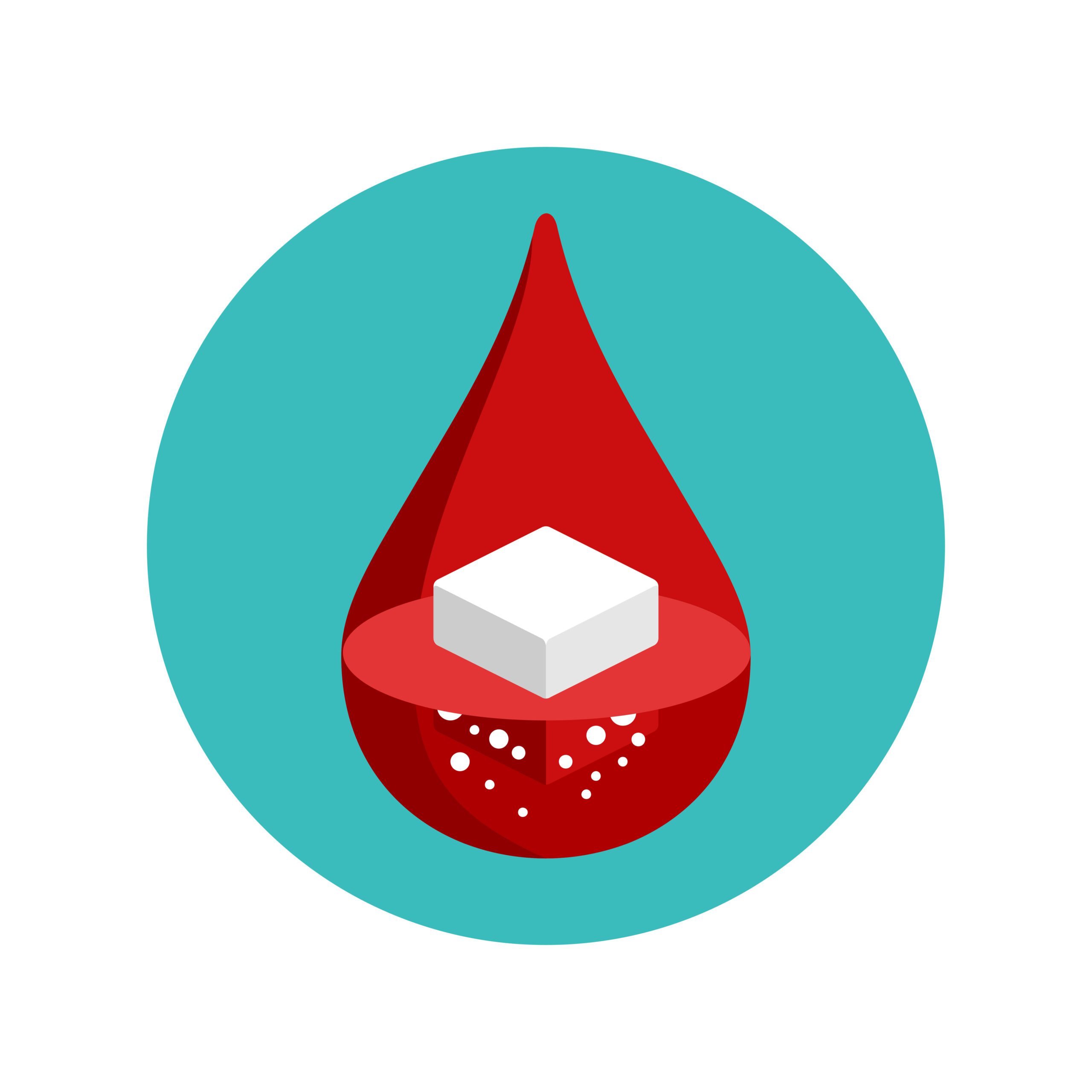
Written By: Jack Riess NASM Certified Personal Trainer, Author, and Life Long Researcher of Health and Longevity.
Imagine your body as a grand orchestra.
Each instrument (or body part) plays its role perfectly to create a beautiful melody.
But for this melody to be harmonious, there’s one thing that needs to be just right – our blood sugar.
When our blood sugar is balanced, every note is pitch-perfect. But when it’s too high? The music can get a bit… wonky.
Maintaining a balanced blood sugar isn’t just about enjoying the symphony of our health.
If our blood sugar remains high for too long, it can lead to a few sour notes.
Imagine a guitar string that’s been pulled too tight.
If left like that, it could snap!
Similarly, our bodies can face challenges if we ignore high blood sugar.
This blog post is your guide to understanding the importance of balanced blood sugar and spotting the signs if things are a bit off-tune.
The Importance of Balanced Blood Sugar:
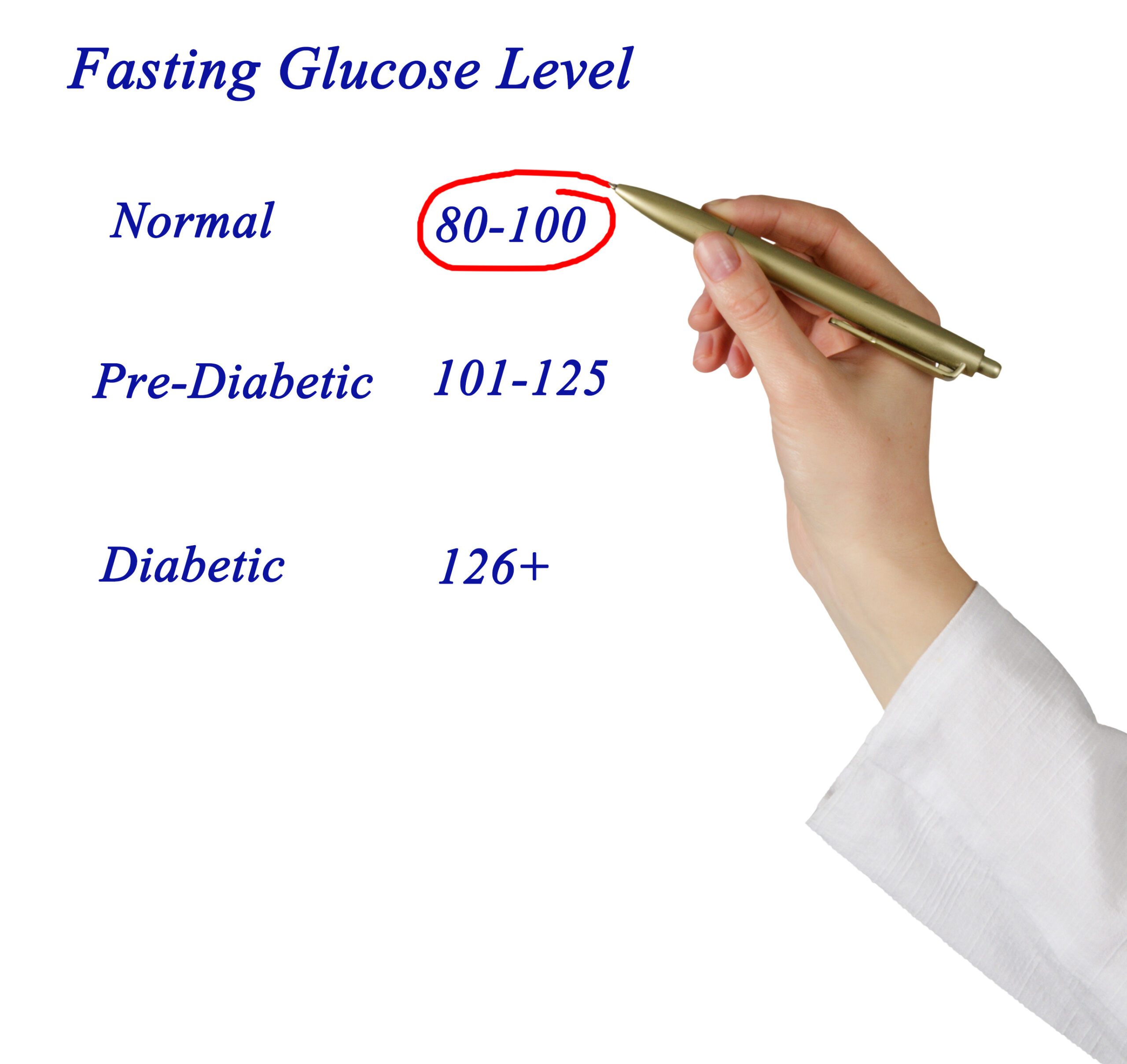

Body’s Energy Source:
Imagine a toy that needs batteries to dance or sing.
Our body is similar, but instead of batteries, it runs on a sweet fuel called glucose.
This glucose is like the secret sauce that keeps us moving, thinking, and feeling awesome.
Every bite of food can be turned into glucose, giving energy to each cell, making it glow with life.
Insulin’s Role:
Ever tried to open a door without a key? It’s quite a challenge, isn’t it?
That’s where our body’s superhero, insulin, comes to the rescue.
Produced by a special organ called the pancreas, insulin acts as the key.
It unlocks our cells, allowing glucose to enter and power them up.
It’s like a VIP pass for the glucose!
The Balancing Act:
Now, the real trick is keeping everything in balance.
Imagine a circus performer juggling balls.
If he gets one too many or too few, he might drop them all!
Our body does a similar juggling act with glucose and insulin.
It’s always working hard to make sure there’s just the right amount of sugar in our blood. Not too much, not too little, but just right.
Reasons for High Blood Sugar:
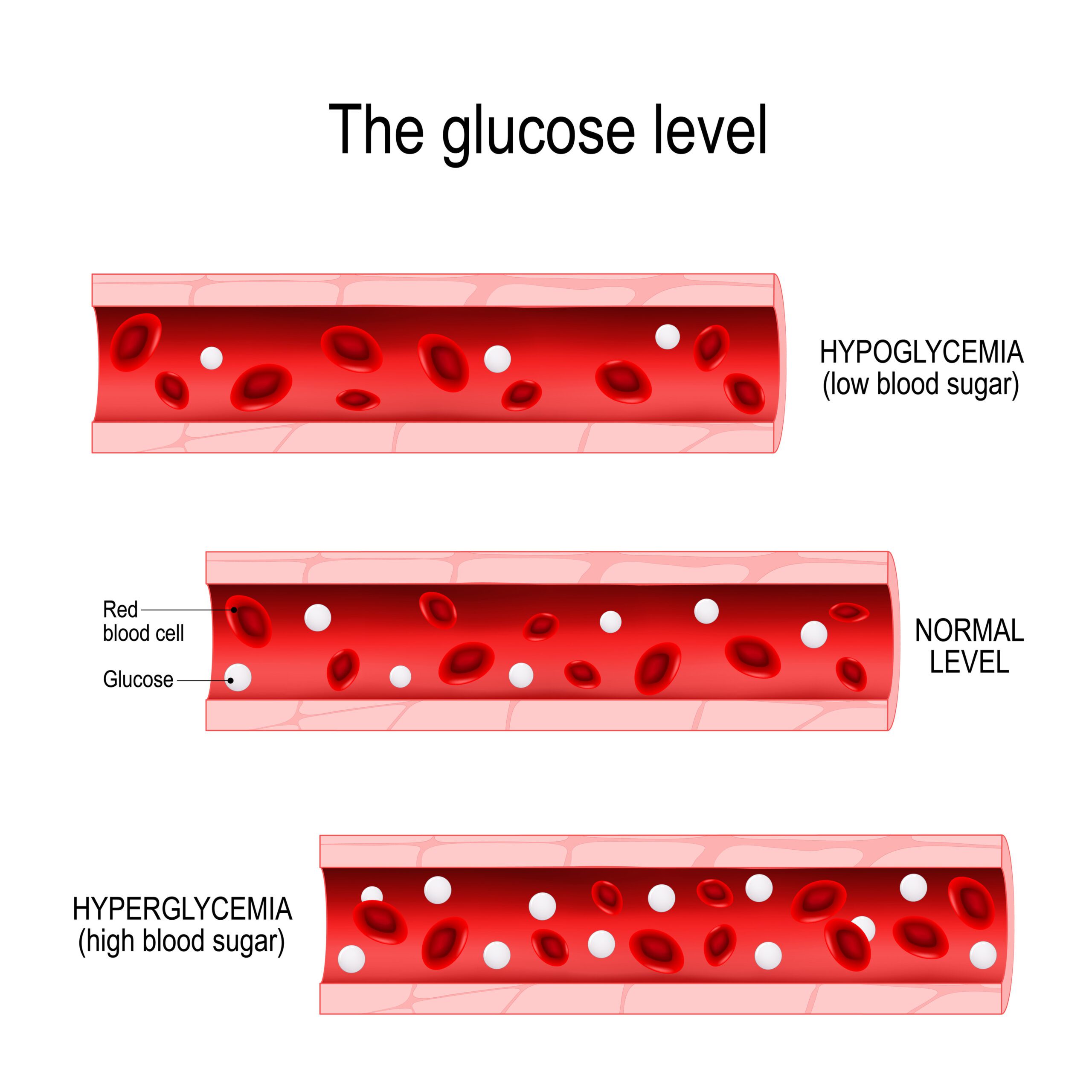

Dietary Habits:
We all love sweet treats, but too many can cause a sugar overload.
Eating lots of sugary foods or carbs is like adding extra fuel to a fire – it makes our blood sugar soar!
Sedentary Lifestyle:
Our muscles are like sponges; they soak up glucose when we move.
If we sit too much and don’t dance, jump, or run, they don’t get to do their job. And that can lead to high blood sugar.
Medications:
Some medicines, even though they help us in one way, can raise our blood sugar levels.
It’s like when a friend brings a surprise dessert – sweet but unexpected!
Stress:
Ever felt butterflies in your stomach when you’re nervous?
That’s because our body releases a hormone called cortisol during stress.
This sneaky hormone can raise our blood sugar.
It’s the body’s way of preparing us for action, but sometimes it’s a bit too much.
Illness or Infections:
When we catch a cold or get an infection, our body becomes a busy place.
As it tries to heal, our blood sugar might rise, like a fever that indicates something’s amiss.
Hormonal Changes:
Hormones are the body’s messengers.
But sometimes, like in conditions such as Cushing’s syndrome, these messengers can get a bit too chatty and cause our blood sugar to rise.
Other Factors:
Cheers to a party, but too much alcohol can play tricks on our blood sugar.
Smoking and other lifestyle choices can also make our blood sugar dance in unpredictable ways.
Understanding these reasons helps us fine-tune our body’s orchestra, making sure every note is perfect, and the melody of our health remains harmonious!
Ten Signs of High Blood Sugar:
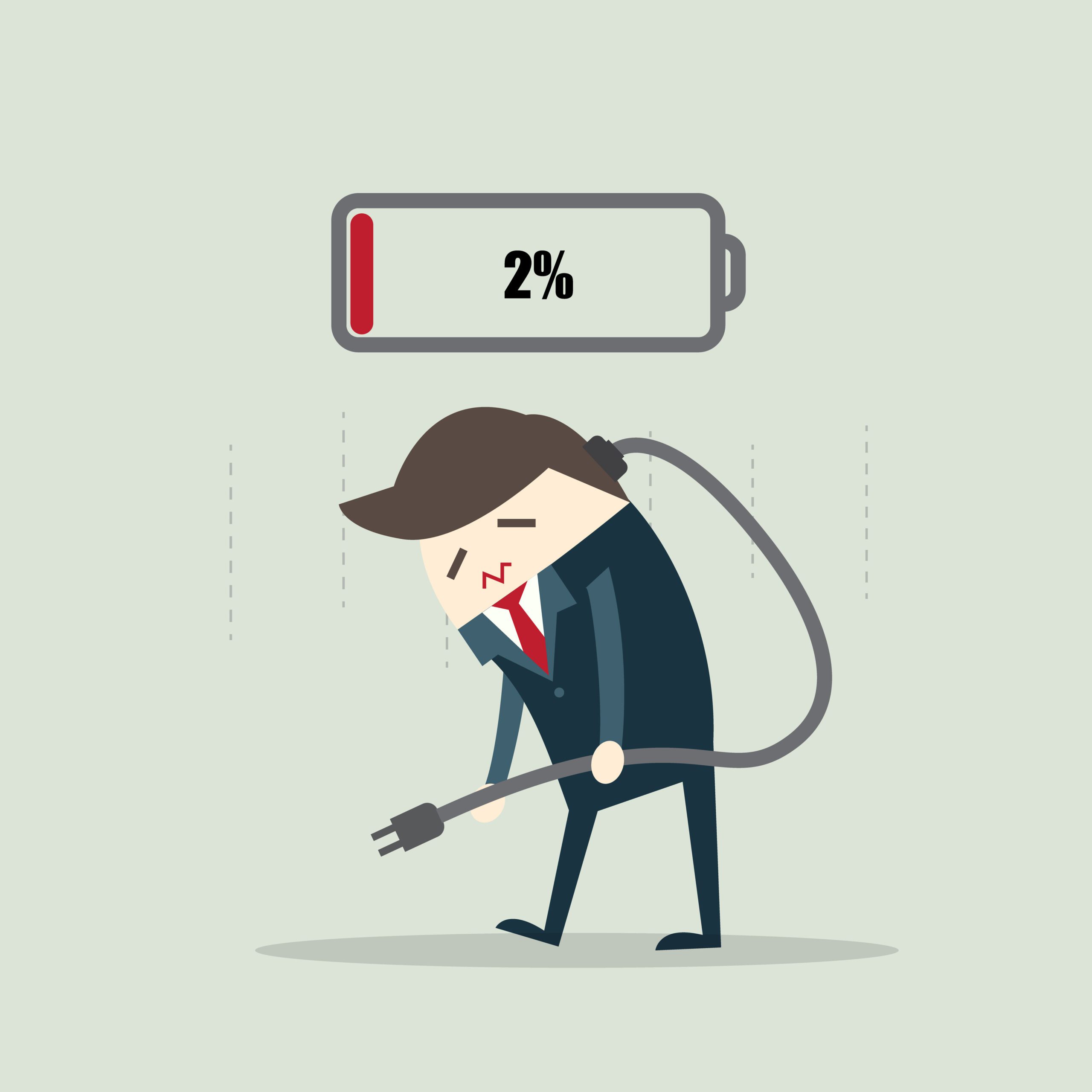

Let’s think of our body as a big, complex machine.
Like all machines, it has ways of alerting us when something isn’t right.
Think of it like your computer showing an error message when it needs an update.
Similarly, our body has its own set of “alerts” when our blood sugar gets too high. Here are ten signs to look out for:
1. Frequent Urination:
Imagine you had a sugar bowl, and it got too full.
You’d want to empty some out, right?
When our blood has too much sugar, our body tries to get rid of the extra by making us pee more often.
It’s like the body’s way of saying, “I’ve had a bit too much, let’s clear some out!”
2. Constant Thirst:
With all that extra peeing, we lose a lot of water.
So, our body becomes like a plant in the sun, always thirsty!
We keep drinking more and more, but it seems we can never quench that thirst.
3. Fatigue:
Have you ever had too much candy and felt super tired afterward?
When our blood sugar stays high, our cells can’t get the energy they need, making us feel like a toy running out of batteries.
4. Blurred Vision:
High sugar can act like a mischievous elf, pulling pranks on our eyes.
It can change the shape of our eye lens, making things look foggy or blurry, as if we’re looking through a smeared window.
5. Slow Healing of Wounds:
Imagine trying to fix a toy with sticky fingers. It’s tough, right?
Similarly, when sugar levels are high, our body’s ability to heal gets slowed down, making small cuts or bruises stick around longer than usual.
6. Frequent Infections:
High sugar is like a party invitation to unwanted germs and bugs.
It can weaken our body’s defense team (the immune system), meaning we might get sick more often.
7. Tingling or Numbness:
Sometimes, high sugar can send funny signals to our nerves, especially in our feet and hands.
It’s like getting static on a radio or feeling pins and needles in a foot that’s fallen asleep.
8. Darkened Skin Patches:
Imagine spilling a bit of juice on a white shirt; it leaves a stain, right?
Similarly, certain areas of our skin, like the neck or armpits, might show dark patches.
This condition is a mouthful to say: acanthosis nigricans. It’s like the body’s way of highlighting an area.
9. Unexpected Weight Loss:
Losing weight sounds great, but not when it’s unexpected.
If our cells can’t get glucose because of high blood sugar, they start using other energy sources, making us shed pounds without trying.
10. Chronic Headaches:
Fluctuating sugar levels can affect our brain, leading to recurring headaches, akin to the pounding sensation from loud music.
Recognizing these signs early is pivotal.
Like tuning a musical instrument, understanding and acting upon these signs ensures our body’s symphony remains harmonious and enchanting.
Spotting High Blood Sugar Early:
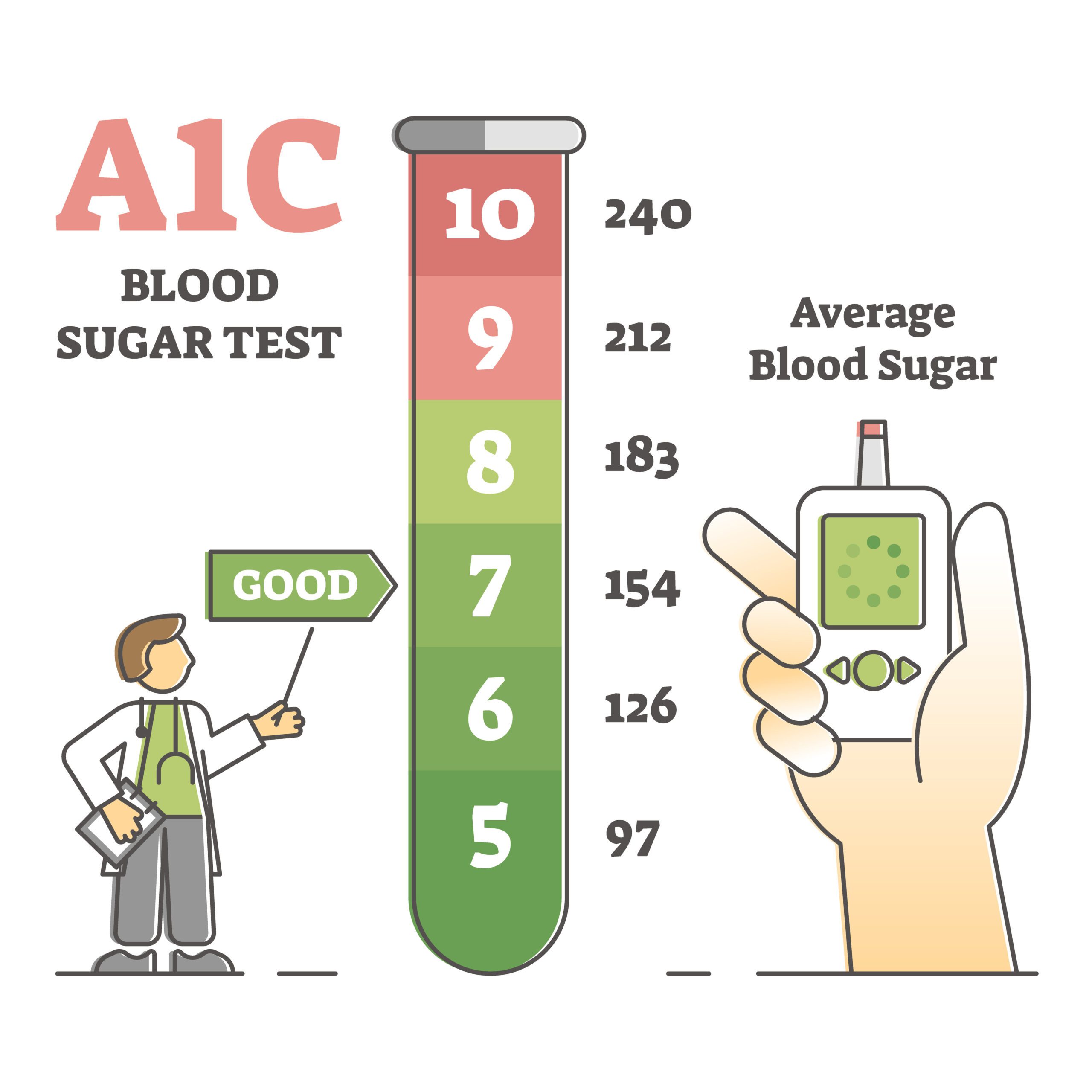

Picture this: You’re a detective on a mission.
Your target? High blood sugar.
To catch it in time is to prevent potential havoc in our body’s beautiful city.
But how does one catch this elusive suspect?
By paying close attention, using smart tools, and taking routine checks, we can spot high blood sugar early and take necessary actions.
Routine Tests:
Much like a car’s routine service, getting regular glucose and A1c tests is crucial.
These tests act as our body’s performance report.
While glucose tests give us a snapshot, the A1c test provides an overview of our blood sugar levels over a few months.
It’s like checking both the day’s weather and the season’s forecast, ensuring we’re always prepared.
Physical Symptoms:
Our body has its own language. Every itch, pain, or change is a message.
By being in tune with our body and noting any new or persistent symptoms – like those mentioned earlier – we become our own vigilant guardians.
Think of it as a watchdog barking when there’s an intruder; our body alerts us of potential high blood sugar through these symptoms.
Using Technology:
In today’s tech-savvy age, why should our health be left behind?
Enter CGMs or Continuous Glucose Monitors.
Imagine a bodyguard that’s always on the lookout, 24/7.
That’s what a CGM does.
This tiny device keeps track of our sugar levels throughout the day, alerting us of highs and lows in real-time.
Not only does it reduce the finger-pricking ordeal, but it also provides a comprehensive view of how food, activity, and sleep affect our sugar levels.
It’s like having a crystal ball that glimpses into our blood sugar’s future, helping us adjust our activities and diet accordingly.
In conclusion, spotting high blood sugar early is a blend of regular checks, body awareness, and smart tech.
By being proactive, we ensure that our body’s symphony plays a melodious tune, free from the jarring notes of high blood sugar.
Keeping a Healthy Blood Sugar:
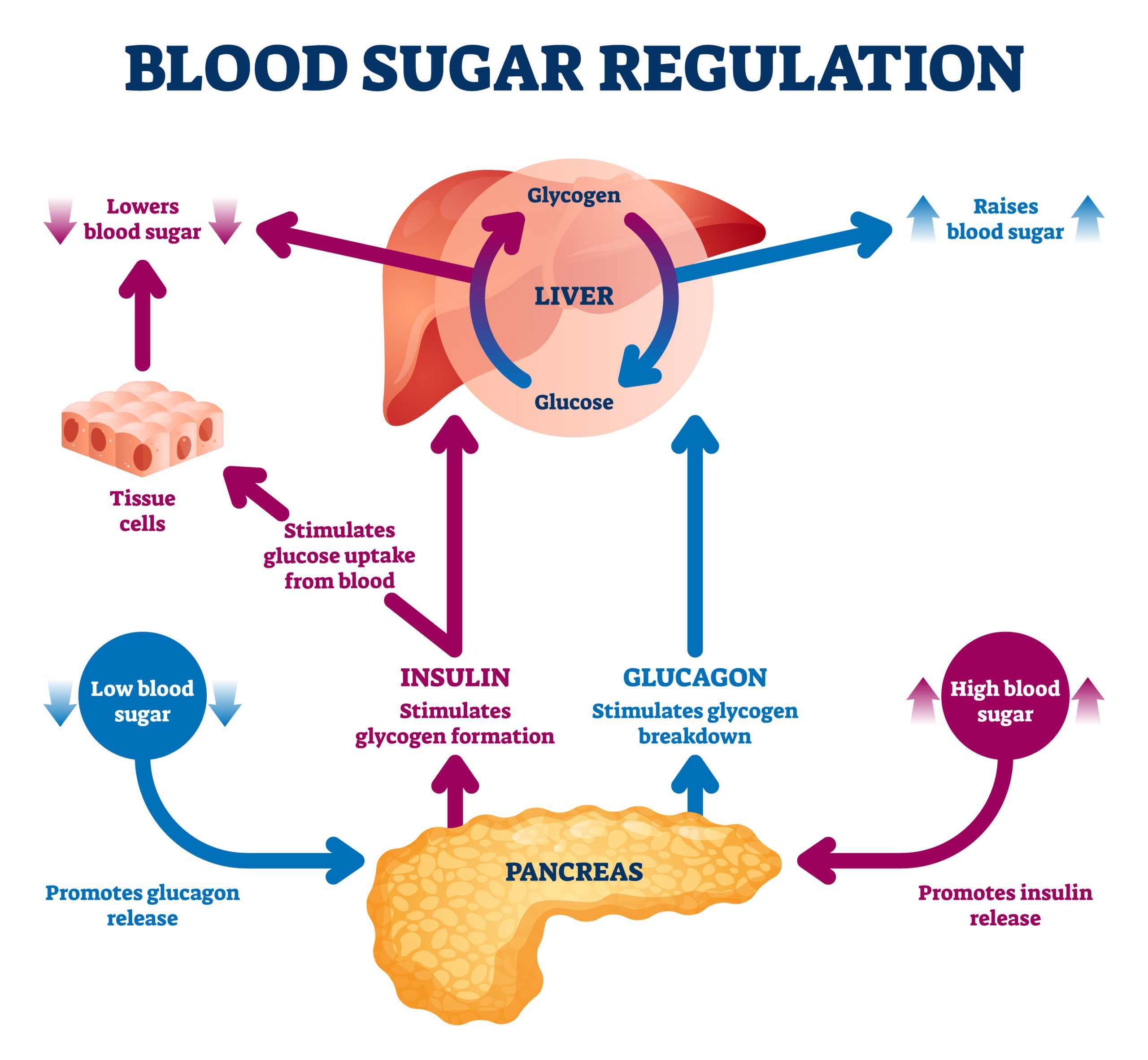

Imagine you’re the maestro of an orchestra, leading every instrument to create a harmonious performance.
Similarly, maintaining a balanced blood sugar requires you to conduct various elements of your lifestyle in perfect harmony.
Here’s your guide to ensuring that your body’s blood sugar symphony stays melodious:
Dietary Choices:
The food we eat serves as the notes to our body’s melody.
Emphasizing whole foods, complex carbohydrates, and fiber is like choosing the right notes for a beautiful song.
Whole foods are unprocessed, meaning they retain all their natural goodness.
Complex carbs, like whole grains, provide sustained energy, akin to a note that lingers beautifully.
Fiber, found in fruits, vegetables, and grains, acts as the rhythm keeper, ensuring our sugar levels rise and fall steadily, without any abrupt spikes.
Regular Exercise:
Think of exercise as the practice sessions before a big concert.
It fine-tunes our body. Regular physical activity boosts insulin sensitivity, meaning our cells are better at using available sugar in the bloodstream.
It’s like oiling the gears of a machine to make it run smoothly.
Stress Management:
Life’s pressures can sometimes be overwhelming, causing our body’s harmony to go awry.
Techniques like meditation and deep-breathing exercises are the soothing lullabies that restore balance.
They help calm the mind, ensuring that stress doesn’t spike our blood sugar.
Envision it as the calming pause between two musical notes, enhancing the beauty of both.
Regular Check-ups:
Routine medical visits act as sound checks.
They help identify any discrepancies before they become glaring issues.
Just as a musician would want to ensure everything’s in order before the concert, regular check-ups ensure our blood sugar remains on track.
Medications and Therapies:
Sometimes, our body needs a little external help.
Medications and therapies act as additional instruments, enriching our body’s tune.
Adhering to prescribed treatments and making timely adjustments as needed ensures that the musical notes of our health don’t falter.
Hydration:
Lastly, picture water as the conductor’s baton, guiding every note to its rightful place.
Drinking enough water aids our kidneys in expelling any excess sugar through urine.
It maintains the fluidity of our body’s performance, ensuring every organ and cell performs at its best.
In the end, maintaining a healthy blood sugar level is a beautiful blend of the right choices, regular tune-ups, and ensuring harmony between the body and mind.
By conducting these elements rightly, we can ensure that the concert of our life is filled with melodies of health and happiness.
===> CLICK HERE to find out how to naturally lower your blood sugar with a 100% plant extract!


A high sugar diet can deplete your body of several important nutrients. Based on the research, here are the key nutrients that are often depleted by excessive sugar consumption: B Vitamins: Particularly vitamin B1 (thiamine), as well as B3, B5, and B6. These vitamins are essential for glucose metabolism Vitamin C: High glucose intake can […]


Sugar consumption has been linked to various chronic diseases, including cancer, inflammatory diseases, and other health conditions. Here’s an overview of the connections: Cancer While sugar does not directly cause cancer, excessive sugar intake may increase cancer risk through several mechanisms: Obesity: High sugar consumption can lead to weight gain and obesity, which is a […]


When you look at the packaging of Skinny Pop, you will see 80 calories per bag, Non-GMO, No Artificial Ingredients, Gluten Free On the surface, you would think that it is a very healthy alternative…so let’s break down the ingredients: Popcorn Popcorn is a whole grain derived from corn kernels. It’s a healthy ingredient that […]